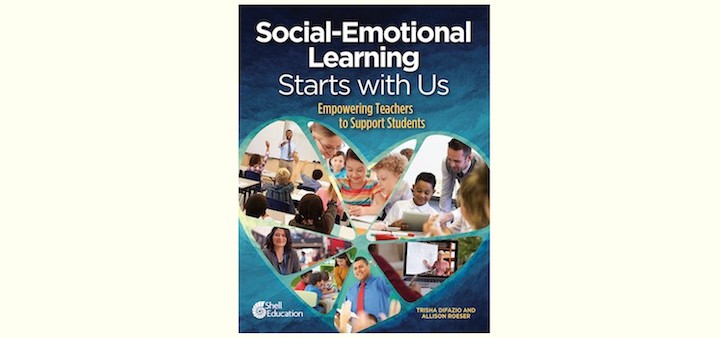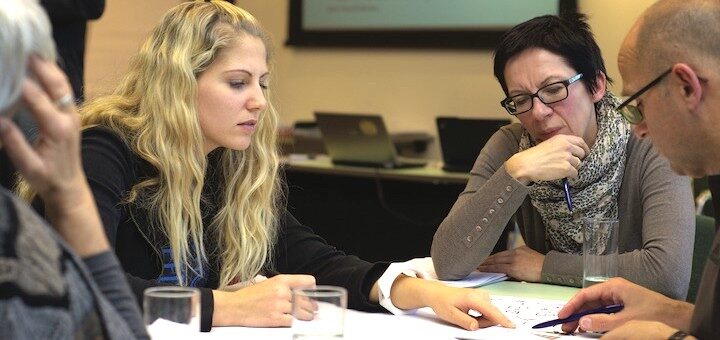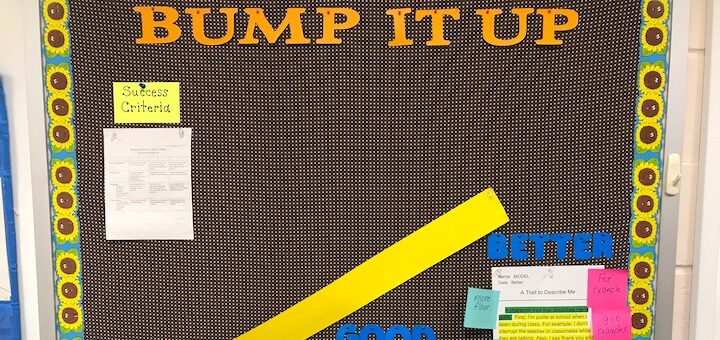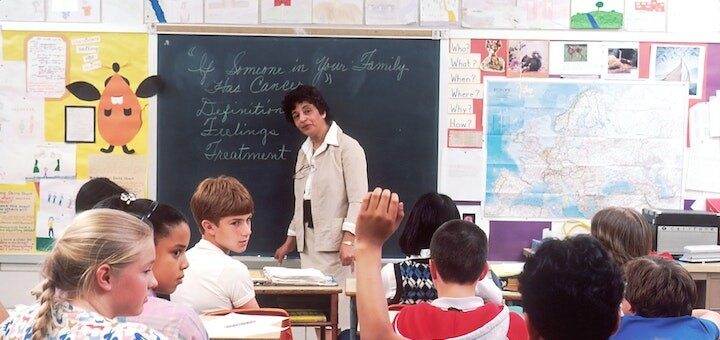Teach Social & Emotional Skills through Poetry
When students learn to identify and name the ideas and emotions in poetry and share their own emotions through writing poems, they better understand their feelings and build empathy and understanding for others. Teacher leader Kasey Short shares methods and lots of poems.




















